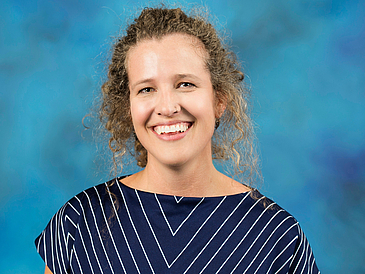Contradictions were often at the heart of solidarity’s capaciousness in austerity-laden Athens. Heath Cabot draws on her research (since 2015) with grassroots healthcare initiatives in Greece that provided care and medicines via horizontally organized modes of labor and redistribution. Pensioners, unemployed people, and even refugees and migrants assisted equally diverse groups of beneficiaries—some of whom were themselves participants in solidarity work. This talk centers on dominant repertoires through which volunteers theorized the meaning and practice of solidarity. These different repertoires often came into conflict, signaling misrecognitions and ambivalences in the field of collective action; yet they also accommodated diverse interactional contexts and needs, enabling participants to manage dilemmas of hierarchy and access to care. These flexible repertoires of solidarity—often through their very contradictions—enabled solidarity work to engage diverse sets of participants and beneficiaries. Contradictions thus served to make collective action possible, forming the ground for social repair and healing.
Heath Cabot (PhD, University of California, Santa Cruz 2010) teaches anthropology at the University of Pittsburgh. She is interested in the question of what it means to flourish, and what enables – and precludes – flourishing. She has conducted research in Greece since 2004 on displacement, human rights and humanitarianism, exclusion and racialization, and more recently health, healing, and solidarity. She is the author of On the Doorstep of Europe: Asylum and Citizenship in Greece (University of Pennsylvania Press 2014) and is currently completing a second monograph on grassroots healthcare activism in Greece.
Anmeldung unter: Anja Binkofski (binkofanprotect me ?!uni-bremenprotect me ?!.de)
Zoom Link wird nach der Anmeldung mitgeteilt
Weitere Informationen unter: https://blogs.uni-bremen.de/camus4solidarity/termine/zukuenftiges/
Programmverantwortliche:
Prof. Michi Knecht (IfEK, WoC)
Anja Binkofski (IfEK)
Der Vortrag wird durch den Stifterverband für die Deutsche Wissenschaft, die ZEIT-Stiftung und die Klaus Tschira Stiftung unterstützt, sowie durch die interdisziplinäre Forschungsplattform Worlds of Contradiction (WoC) und das Institut für Ethnologie und Kulturwissenschaft (IfEK) an der Universität Bremen.

